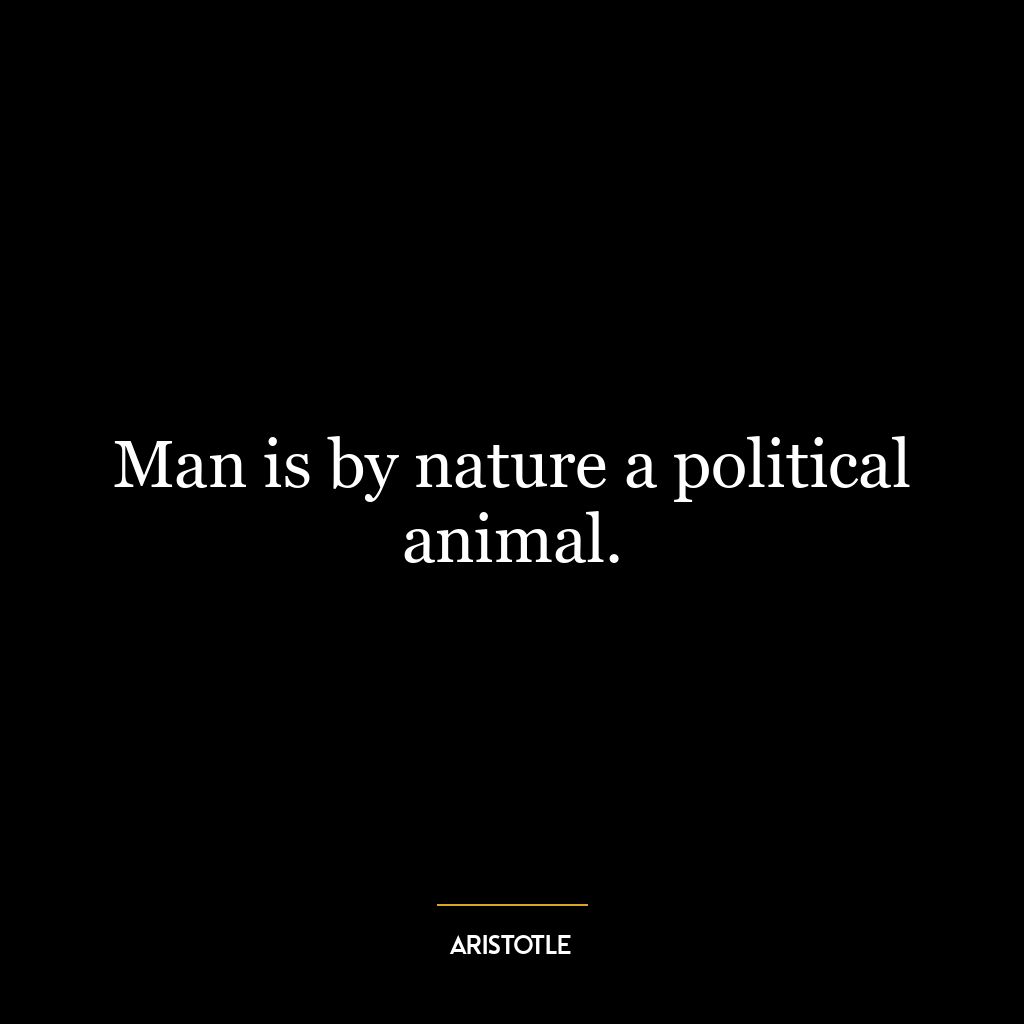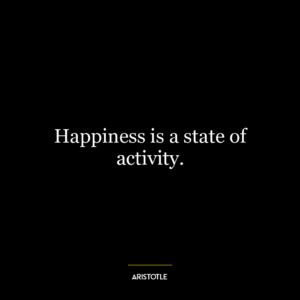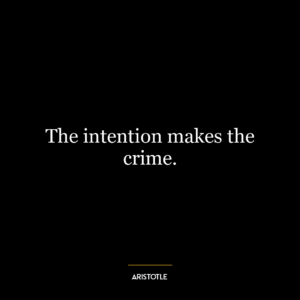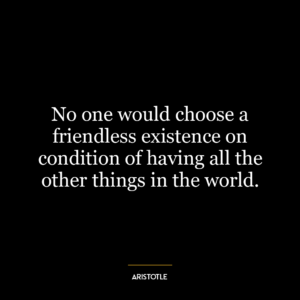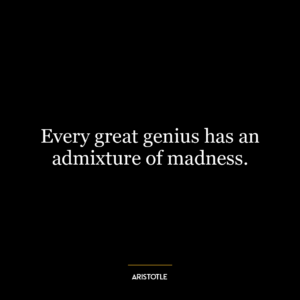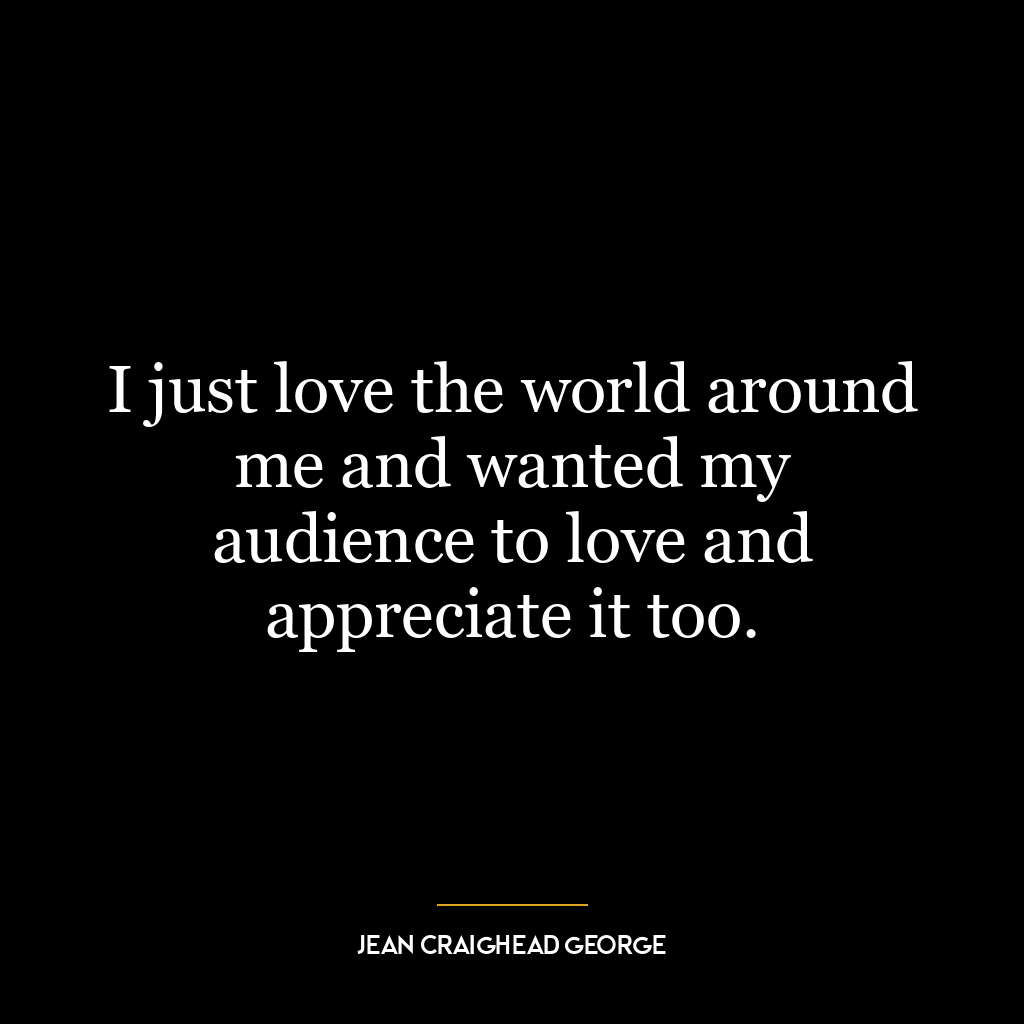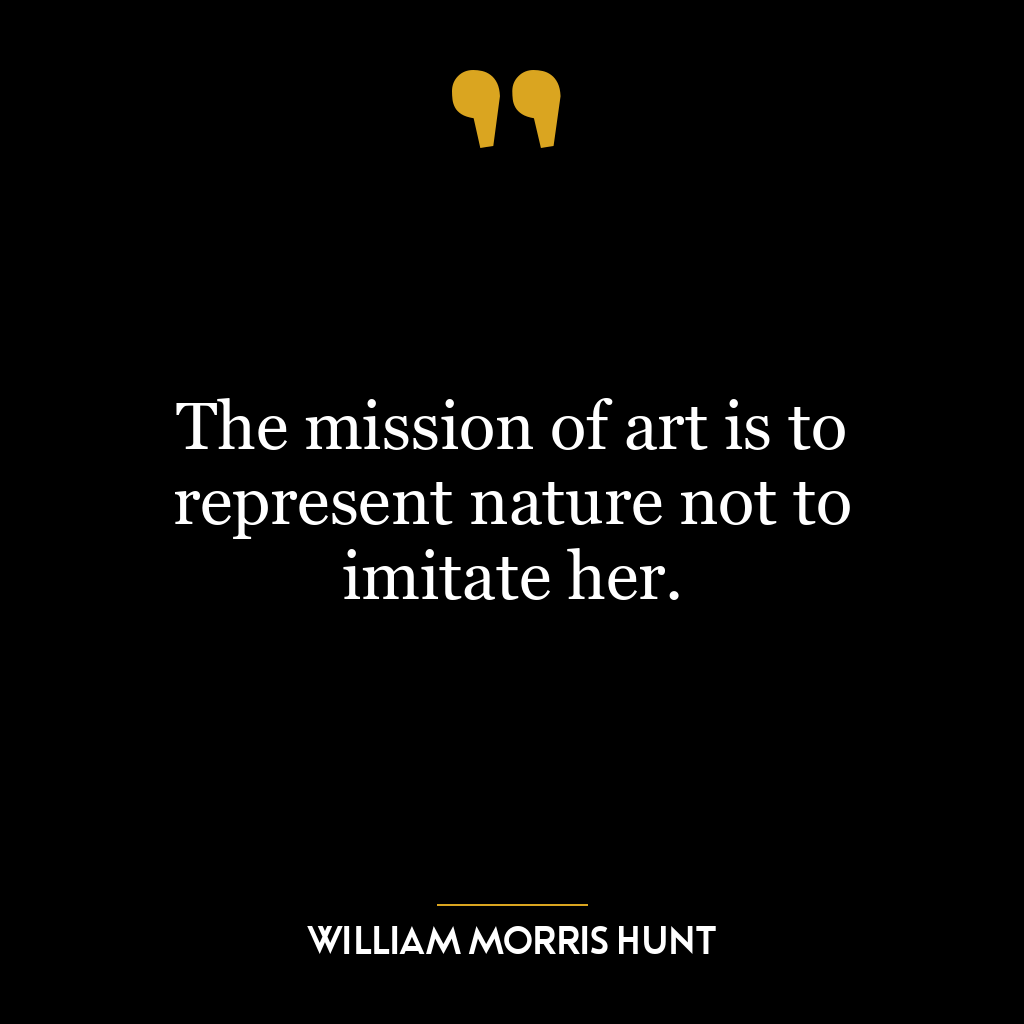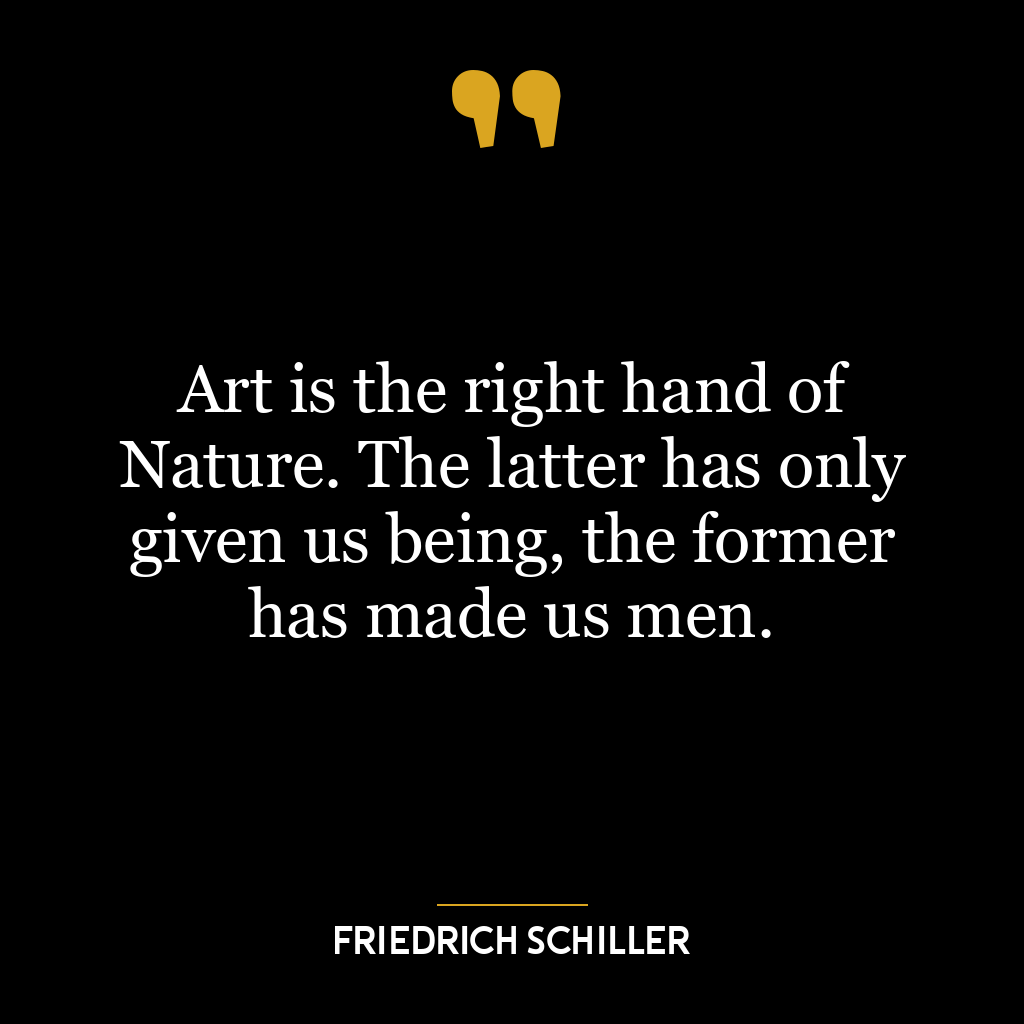“Man is by nature a political animal” is a statement that encapsulates the intrinsic human tendency to form complex social structures and systems of governance. The term “political animal” does not necessarily refer to a person engaged in politics, but rather denotes humans’ inherent inclination towards organization, laws, and societal norms. Humans, unlike other animals, do not merely live or survive; they coexist within a structured community that is governed by a set of rules and regulations, which is essentially the basis of politics.
The term “political” in this context does not strictly refer to governmental politics. Rather, it refers to the broader sense of the term, including the dynamics of any group or organization, the power structure within a family, or even the social interactions at a workplace. Any situation where there is negotiation, decision-making, or power dynamics can be considered political.
This idea is as relevant today as it was in Aristotle’s time. We see politics play out not only on the global stage but also in our daily interactions. For instance, the way we negotiate tasks within a family, the dynamics at a workplace, or the rules we adhere to within our local communities are all political in nature.
In terms of personal development, recognizing this inherent political nature can help individuals navigate their social environment more effectively. Understanding that every group or community has its own dynamics and power structures can help one adapt better to different situations. It can also help an individual to develop skills such as negotiation, persuasion, and leadership, which are vital in any political scenario. Furthermore, it encourages the cultivation of empathy and understanding, as recognizing and respecting the perspectives of others is a key aspect of successful political navigation.
In conclusion, the idea that man is a political animal underscores the essence of human nature and social interaction. It is a timeless concept that continues to influence our understanding of society and individual behavior.

